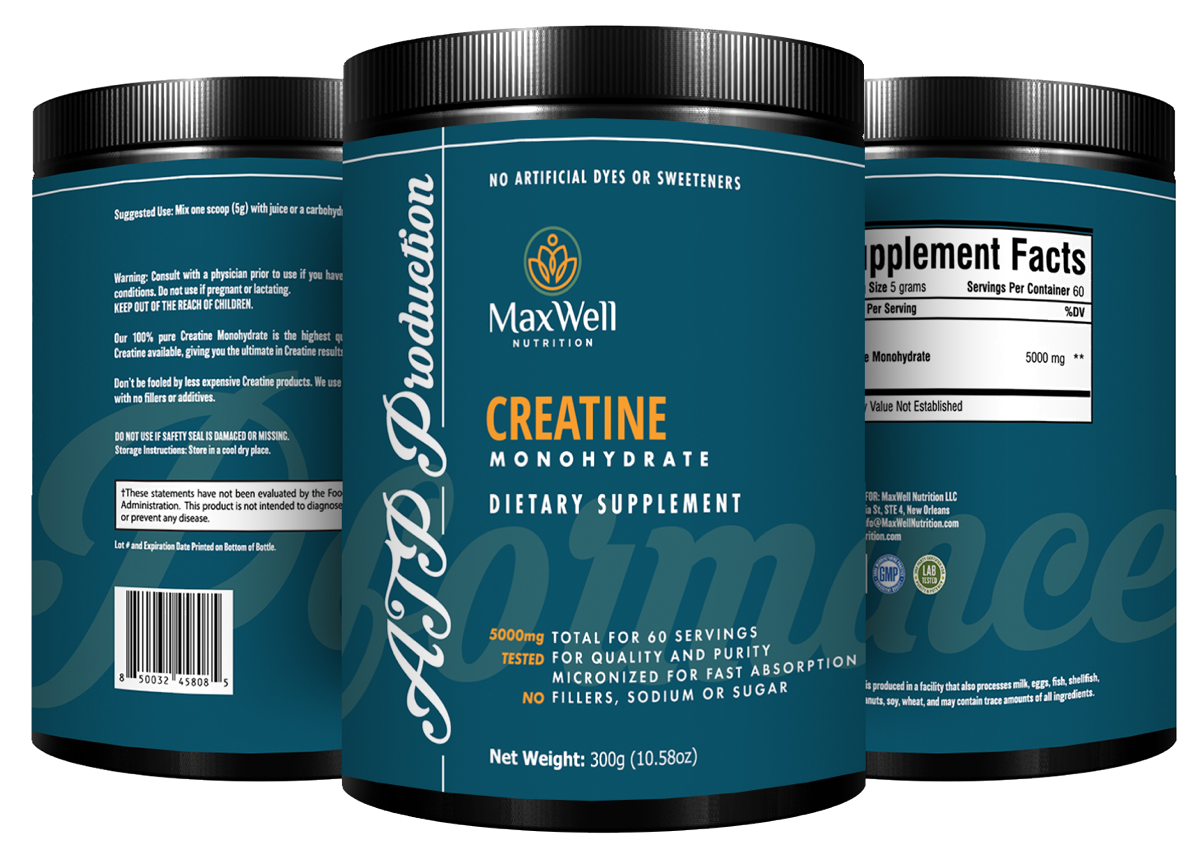Research—Association of Lifestyle and Genetic Risk with Incidence of Dementia—published in June of 2019 on JAMAnetwork.com (Journal of the American Medical Association), states, “among older adults without cognitive impairment or dementia, both an unfavorable lifestyle and high genetic risk were significantly associated with higher dementia risk.”
In addition, “a favorable lifestyle was associated with a lower dementia risk among participants with high genetic risk.”
Dementia incidence is 1 in 70 people aged 65-69 and 1 in 4 aged 85-89.
The Alzheimer’s Association defines dementia to be, “a general term for a decline in mental ability severe enough to interfere with daily life”– such as the memory loss associated with Alzheimer’s – the most common form of the disease. Having impairment of two of the core mental functions—memory, communication and language, ability to focus and pay attention, reasoning and judgement, and visual perception – qualifies as dementia.
However, thinking and memory issues can be reduced with treatment for conditions such as depression, medication side effects, excess alcohol consumption, and vitamin deficiencies. While dementia usually affects individual over 60, it is not a normal decline of the aging process.
Negative lifestyle factors such as high blood pressure, obesity, high cholesterol, and diabetes increase the dementia risk, along with a genetic predisposition—the apolipoprotein E gene (APOE)—is also known to increase the risk to Alzheimer’s disease.
To examine the effect of a healthy lifestyle versus a genetic risk of dementia, participants age 60 and older in the United Kingdom were recruited to participate in a retrospective study—based on the Biobank study – with a population-based cohort of more than 500 000 participants, who attended 1 of 22 assessment centers across the United Kingdom between 2006 and 2010 with follow-up in 2016 and 2017.
After exclusion criteria, 196,383 participants, with an average age of 64 (52.7 were women) were used to compile the statistics.
A genetic risk score for dementia broken into low, intermediate, and high-risk categories—along with a weighted healthy lifestyle score, which included no current smoking, regular physical activity, healthy diet, and moderate alcohol consumption, were divided into favorable, intermediate, and unfavorable lifestyle categories. It was determined that 68.1 % followed a favorable lifestyle, 23.6 % followed an intermediate lifestyle, while only 8.2% adhered to an unfavorable lifestyle.
From a genetic risk perspective, 20% had a high polygenetic risk score, 60% had intermediate risk, with 20% at low risk to dementia.
It was found that the high-risk genetic group, who followed an unfavorable lifestyle, 1.78 % developed dementia compared to 0.56 % of those people with a low genetic risk and favorable lifestyle.
In essence, a healthy lifestyle was associated with lower risk of dementia among participants with low or high genetic risk.” Remember, you should always consult your physician before beginning any exercise, diet, or nutritional supplementation program.











